
Knocking Down Brick Walls
I had tears in my eyes and a smile on my face. It hurt really bad to lose a year's income, but I knew that the One who saved my life in Beirut was also responsible for this...

My mountain orchards were lovely. On a strategic hilltop in Samaria on the old 1967 border, they were not only beautifully scenic, but they had a breath-taking view – on a clear day, you could see the Mediterranean to the west, Mount Hermon to the north and Mount Gerizim to the east. I was proud of my orchards and kept them so immaculately pruned and cultivated that local and foreign agricultural advisors would love to visit, showing off this showcase of Israeli agriculture to foreign guests. I loved my trees; deciduous orchards and tree-fruit farming were a good and wholesome way to make a living. Trees when cared for properly give fruit every year. Sure, there are the perils of pests, hailstorms, and drought, and the work is not easy. Yet, I preferred tree-farming to annual crops and growing vegetables. I thought I’d be harvesting peaches, plums, and nectarines until my beard (that I didn’t yet have) was long and white. Hashem had other ideas…
Discharged after two months of active duty during the Lebanon War of 1982, I was a brand new baal teshuva trying to find my way in observant Judaism. Then, there was no such thing as the BT rabbis, spiritual guides who themselves are baalei teshuva, who understand the challenges of those who are new to the program. As a moshavnik up in the hills of Samaria, I was more or less on my own. My Jewish knowledge was limited to what I learned in Conservative-Jewish Hebrew school which I happily  discontinued the day after my Bar Mitzvah. In my innocent ignorance, I relied on what I learned in the army that nothing stands in the way of desire. Having inherited second-hand synagogue furniture and prayer books from my religious neighbors in a village several kilometers away who built a new synagogue, I decided to start a synagogue on my moshav. Our first services were held on Rosh Hashanah of 5743 and almost the whole moshav attended. No problem, I thought: I’ll just adapt my new religious observance to my current life on the farm, having no idea that I knew virtually nothing of Torah and authentic Torah Judaism.
discontinued the day after my Bar Mitzvah. In my innocent ignorance, I relied on what I learned in the army that nothing stands in the way of desire. Having inherited second-hand synagogue furniture and prayer books from my religious neighbors in a village several kilometers away who built a new synagogue, I decided to start a synagogue on my moshav. Our first services were held on Rosh Hashanah of 5743 and almost the whole moshav attended. No problem, I thought: I’ll just adapt my new religious observance to my current life on the farm, having no idea that I knew virtually nothing of Torah and authentic Torah Judaism.
For an entire year, I tried self-teaching. My fluency in Hebrew enabled me to devour many texts quickly, such as the Kitzur Shulchan Aruch abridged Code of Jewish Law. Yet when it came to Gemara, I hit a brick wall. I neither understood the Aramaic nor the flow of the Gemara’s debate and discourse. What’s more, the more I was learning Halachah, especially the laws of Shabbat, the more challenging my life as a farmer on a secular moshav became. My conscience and ideological constitution no longer tolerated watered-down and comfort-zone belief systems such as the Conservative-Jewish model I grew up with in America, which was so full of inconsistency. It was now either Shabbat-morning prayer or driving to the beach, but for me, there would no longer be driving to the beach after Shabbat-morning prayer. Something had to give. I wanted to immerse myself in Torah and to learn to be a truly observant Jew. Yet, I loved my farm and wanted to continue up in my little corner of heaven on top of the mountain.
Hashem read my heart and made the decision for me.
A year after the war in the late summer of 1983 and a week before Rosh Hashanah 5744, I was walking down the rows of the Golden-King plum section of my orchards. The plums were in a perfect state for picking. I called the Tnuva office in Haifa and spoke to the wholesale fruit buyer, informing him that I would be bringing about 15 tons of golden plums the next two days, for that was my estimate of the yield, a blessed bumper crop that year. The wholesaler said, “Lazer, you’re going to make a mint. No one has plums this late in the season and the pre-holiday wholesale price is up in the sky. If you bring me three times that amount, I can handle it – c’mon in!”
I arranged that the picking crew would meet me in the orchard at sunup the next morning. Getting up an hour before daybreak, I drove my jeep out to my orchards and my heart dropped: all the fences were broken down. Thieves from Jenin had come with Peugeot pickup-trucks and donkeys in the middle of night and had ripped me off of an entire year’s crop. They didn’t even leave a single plum for breakfast. I could almost hear my trees crying, as if they had been raped. There was debris of broken branches all over the place.
The Border Patrol later informed me that the markets of Jenin were full of Golden King plums that week. There was nothing anyone could do. The IDF wouldn’t order a commando mission to liberate my plums…
I had tears in my eyes and a smile on my face. It did not tickle to lose a year’s hard work and income. My consolation was that I knew that the One who saved my life in Beirut in 1982 was also responsible for this. Essentially, my farm and income was a brick-wall between my personal advancement in Torah and my getting closer to Hashem. Hashem knocked it down, making my decision to leave the farm and move to Jerusalem much easier. The rest is history.
It certainly hurts when those brick walls of ours get knocked down. Yet, all those things we lean on keep us away from Hashem. Our loving Father sometimes must knock them down so that we can climb higher and get closer. It’s truly all for the very best.




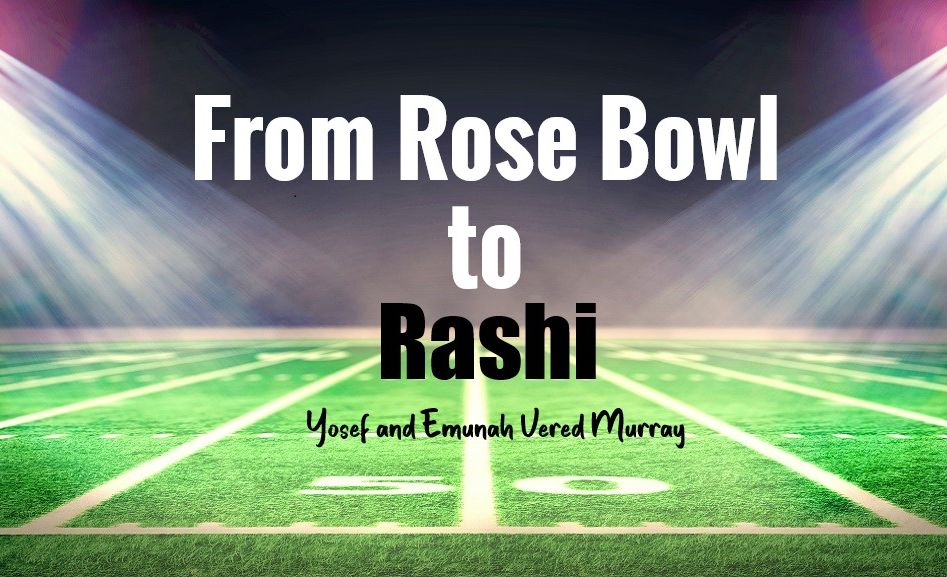
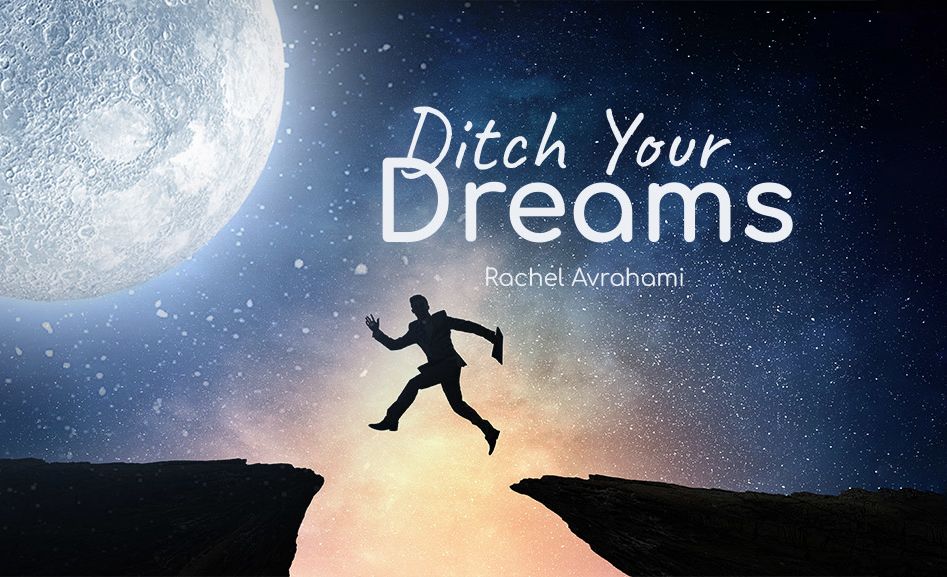
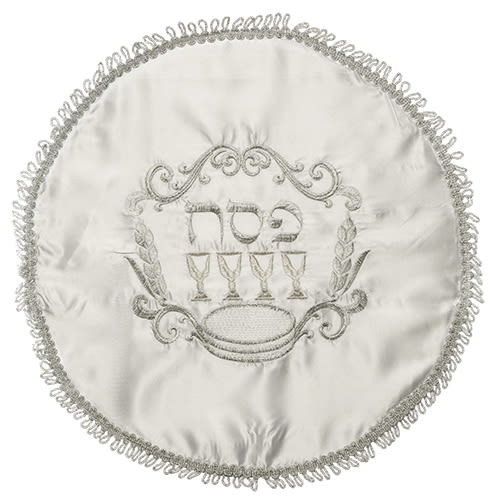
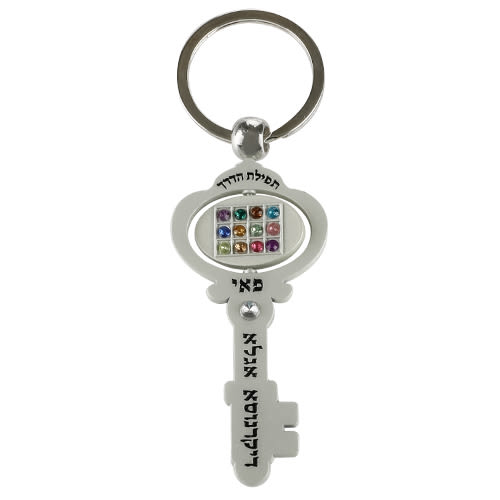
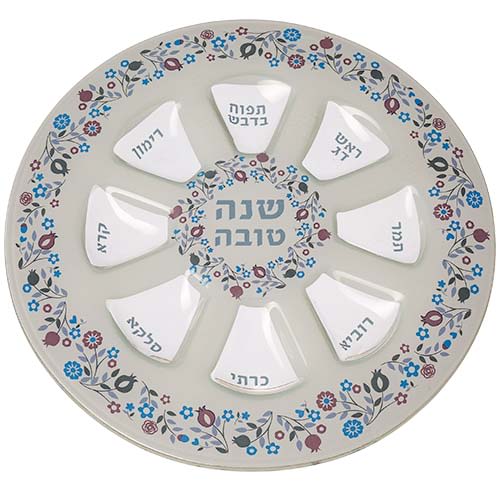
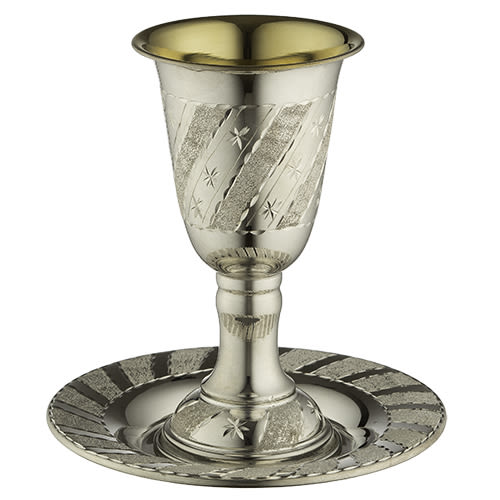
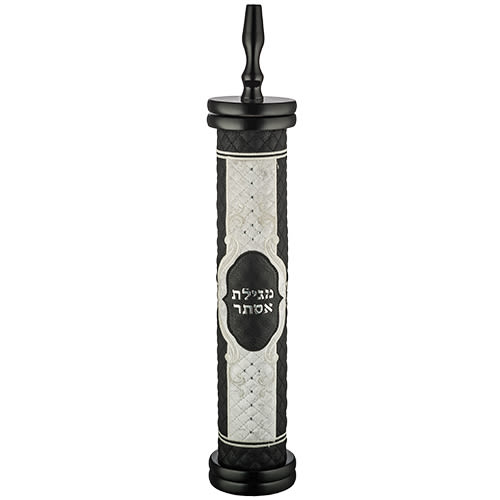
10/12/2015
Very heart-stirring piece
My heart twinged when I reached the part about your arrival at your orchard only to see all your beautiful plums pillaged. I can imagine that any farmer develops an attachment to his fields and produce (and not just because it's his livelihood), and if it's a Jewish farmer in Eretz Yisrael, then I imagine that the attachment is even deeper because the produce contains kedushah/holiness. That was a huge challenge of emuna. Thanks for sharing this.
10/12/2015
My heart twinged when I reached the part about your arrival at your orchard only to see all your beautiful plums pillaged. I can imagine that any farmer develops an attachment to his fields and produce (and not just because it's his livelihood), and if it's a Jewish farmer in Eretz Yisrael, then I imagine that the attachment is even deeper because the produce contains kedushah/holiness. That was a huge challenge of emuna. Thanks for sharing this.